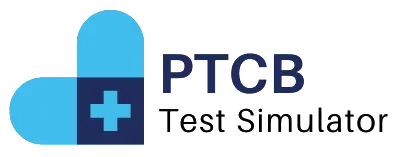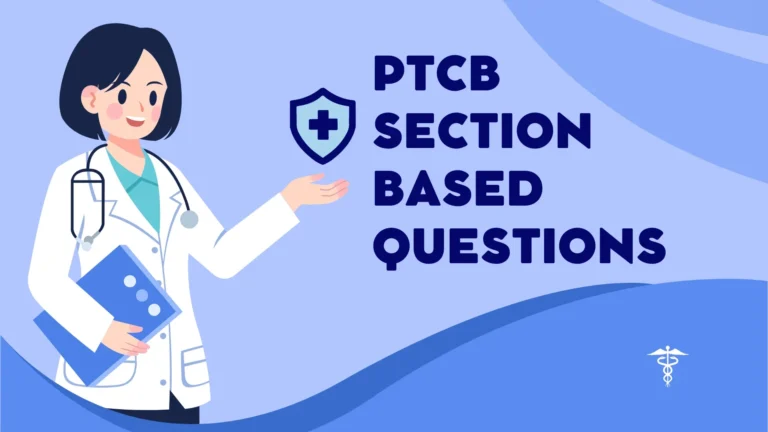Understanding the CNA Exam Questions
The Certified Nursing Assistant (CNA) exam is a pivotal step for aspiring nursing assistants, providing the necessary credentials to work in various healthcare settings. This exam assesses a candidate’s knowledge and practical skills essential for delivering quality patient care. Understanding the structure and content of the CNA exam questions is crucial for successful preparation and performance. This essay will explore the types of questions found on the CNA exam, the competencies they assess, and effective strategies for preparation.
Structure of the CNA Exam
The CNA exam typically consists of two main components: a written (or oral) examination and a skills evaluation. The written portion tests theoretical knowledge through multiple-choice questions, while the skills evaluation requires candidates to demonstrate essential caregiving tasks in a practical setting. Understanding the format and expectations of both parts is vital for success.
- Written Examination: This section usually contains 60 to 120 multiple-choice questions, depending on the state. The questions are designed to assess knowledge in various domains, including basic nursing skills, patient rights, infection control, and emergency procedures. Topics may include:
- Basic Care Skills: Questions may cover hygiene practices, bathing techniques, and feeding procedures. For example, candidates might be asked to identify the correct method for assisting a patient with personal care.
- Safety and Infection Control: This area examines knowledge of protocols for preventing the spread of infection and ensuring patient safety. A sample question might ask about proper handwashing techniques or the use of personal protective equipment (PPE).
- Mental Health and Social Services: Questions in this category address the emotional and psychological aspects of patient care, focusing on communication, empathy, and understanding patient needs.
- Skills Evaluation: In this practical component, candidates demonstrate their ability to perform specific tasks. Common skills tested include taking vital signs, transferring patients, and maintaining a clean environment. Each candidate is typically assessed on a select number of skills, with evaluators observing their techniques, adherence to protocols, and interactions with simulated patients.
Competencies Assessed by CNA Exam Questions
CNA exam questions assess a wide range of competencies essential for effective patient care. Understanding these competencies helps candidates focus their study efforts:
- Clinical Knowledge: This encompasses understanding human anatomy, physiology, and common medical conditions. For instance, questions might ask candidates to identify symptoms of a particular illness or to explain the function of a vital sign.
- Patient Care Techniques: Knowledge of how to perform daily living activities for patients is critical. Questions might involve scenarios requiring candidates to demonstrate appropriate responses to patient needs, such as how to properly assist a patient in ambulation or toileting.
- Communication Skills: Effective communication with patients, families, and healthcare teams is crucial in nursing. Questions often assess the ability to use therapeutic communication techniques, understand nonverbal cues, and demonstrate compassion.
- Legal and Ethical Responsibilities: Candidates must understand the legal and ethical considerations in nursing, including patient rights, confidentiality, and informed consent. Questions in this area may present scenarios where candidates must identify appropriate actions based on ethical guidelines.
Effective Strategies for Preparation
Preparing for the CNA exam requires a strategic approach that encompasses both theoretical knowledge and practical skills. Here are some effective strategies:
- Study the Content Outline: Familiarize yourself with the exam content outline provided by your state’s nursing board. This outline typically details the topics covered, allowing you to focus your studies effectively.
- Utilize Study Materials: Invest in reputable study guides and textbooks specifically designed for CNA exam preparation. Practice exams and flashcards can also be valuable tools for reinforcing knowledge.
- Engage in Hands-On Practice: Since the skills evaluation is a significant part of the exam, hands-on practice is essential. Participate in lab sessions, seek feedback from instructors, and practice with peers to build confidence in performing various skills.
- Join Study Groups: Collaborating with fellow candidates can provide different perspectives and insights. Study groups foster a supportive environment for discussing challenging concepts and sharing resources.
- Simulate Exam Conditions: Taking practice tests under timed conditions can help familiarize candidates with the exam format and build test-taking endurance. This practice also helps reduce anxiety on the actual exam day.
Conclusion
Understanding CNA exam questions is fundamental to achieving success in this critical certification process. By familiarizing themselves with the structure, content, and competencies assessed, candidates can effectively prepare for both the written and practical components of the exam. With diligent study, hands-on practice, and a solid grasp of the essential concepts, aspiring CNAs can approach their exam with confidence, ready to embark on a rewarding career in healthcare. As the demand for qualified nursing assistants continues to grow, mastering the CNA exam becomes a vital step toward making a meaningful impact in the lives of patients and their families.


